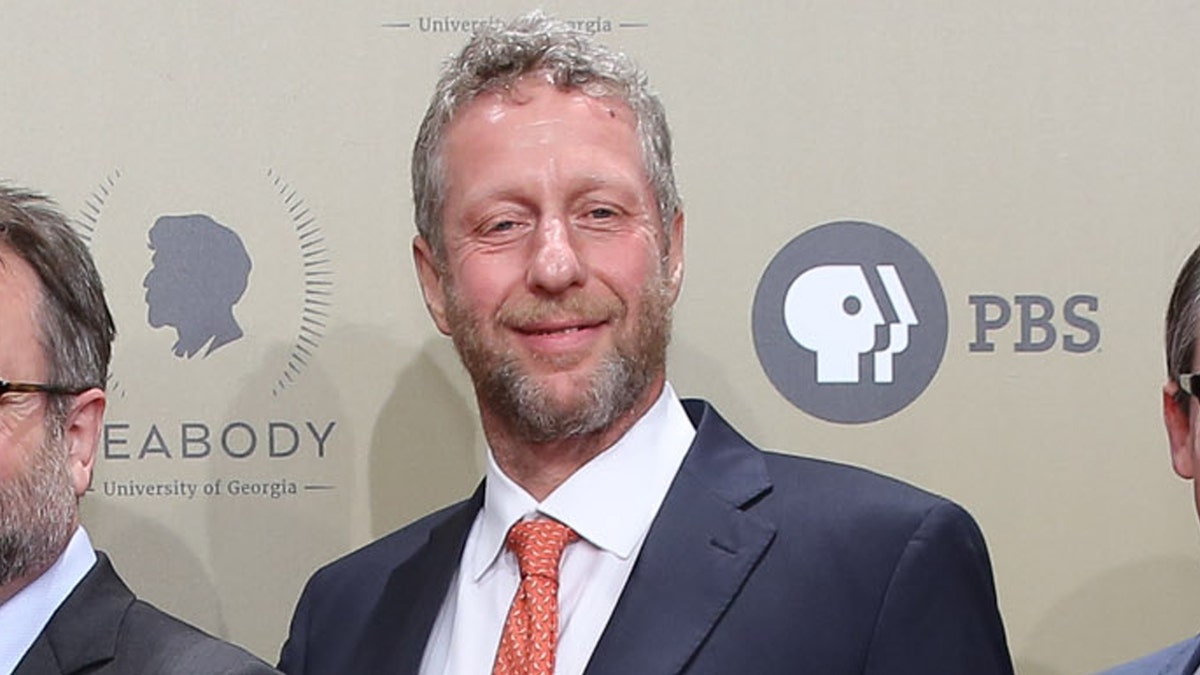
House Freedom Caucus Chair Bob Good, R-Va., is calling for an end to taxpayer-funded media, the latest top Republican to push back on National Public Radio (NPR) after a now-former employee accused it of operating with an overwhelming left-wing bias.
Good’s new Defund NPR Act, introduced Friday, would block federal funding from going directly toward NPR and also block public radio stations that get federal grants from using those taxpayer funds to buy content from or pay dues to NPR as a member station.
“The government shouldn’t be in the business of funding media, and it certainly shouldn’t be funding media that has a clear bias,” Good told Fox News Digital in his first interview on the legislation. “NPR has had a clear left-wing bias for decades, and it’s just growing by the day. And there’s no reason for taxpayers to have to fund this.”
NPR WHISTLEBLOWER URI BERLINER RESIGNS: ‘I CANNOT WORK IN A NEWSROOM WHERE I AM DISPARAGED’

House Freedom Caucus Chair Bob Good is the latest top Republican to call for defunding NPR. (Getty Images and Fox News Digital)
The Virginia Republican said that if the case were reversed – a partially federally funded outlet being accused of a rightward slant – the public outrage would be compounded.
“We have a free and open press, or at least theoretically we’re supposed to in this country, as protected in our First Amendment, and that’s a critical, foundational right in this country,” he said. “But the government shouldn’t be putting their thumb on the scale and forcing taxpayers to fund that. Could you imagine if we were trying to get what was recognized as a strong conservative-leaning media organization to be funded by taxpayers? Can you imagine the outrage in doing so?”
Conservatives have long accused NPR of reporting with a left-wing bias while some of its funding is provided through federal grants and other government-backed dollars.
Those concerns were recently magnified when now-former NPR editor Uri Berliner asserted in an op-ed that the outlet mishandled critical stories that stemmed from Hunter Biden’s laptop hard drive and COVID-19 lab leak theories, among others, and that registered Democrats were vastly overrepresented in the newsroom by 87 to 0.

Rep. Bob Good’s proposed bill comes after former NPR editor Uri Berliner, above, accused the newsroom of extreme bias. (JP Yim/WireImage/File)
NPR chief news executive Edith Chapin responded in a statement published by the outlet, “We’re proud to stand behind the exceptional work that our desks and shows do to cover a wide range of challenging stories. … We believe that inclusion – among our staff, with our sourcing, and in our overall coverage – is critical to telling the nuanced stories of this country and our world.”
Berliner was suspended without pay for five days soon after, but he resigned a day later.
“I respect the integrity of my colleagues and wish for NPR to thrive and do important journalism,” Berliner said in a portion of his resignation letter to NPR CEO Katherine Maher, in which he also opposed calls to defund NPR. “But I cannot work in a newsroom where I am disparaged by a new CEO whose divisive views confirm the very problems at NPR I cited in my Free Press essay.”
Good told Fox News Digital that Maher “doesn’t seem concerned about truth.”
NPR BOSS ONCE CALLED FIRST AMENDMENT A ‘CHALLENGE’ AND ‘REVERENCE TO THE TRUTH’ A DISTRACTION

NPR CEO Katherine Maher has also caught criticism in the fallout. (Screenshot/Carnegie Endowment/File)
CLICK HERE TO GET THE FOX NEWS APP
“She’s clearly a left-wing individual as well, and she fits for that organization. And that’s fine, but it shouldn’t be on the taxpayer dollar,” Good said.
While most of NPR’s funding comes from corporate sponsorships, according to its site, the nonprofit also benefits both directly and indirectly from federal funds. The Corporation for Public Broadcasting, which got a fiscal 2026 advance of $535 million in the latest government funding deal, oversees both NPR and the Public Broadcasting Service.
Fox News Digital reached out to NPR for comment on Good’s bill and comments.








